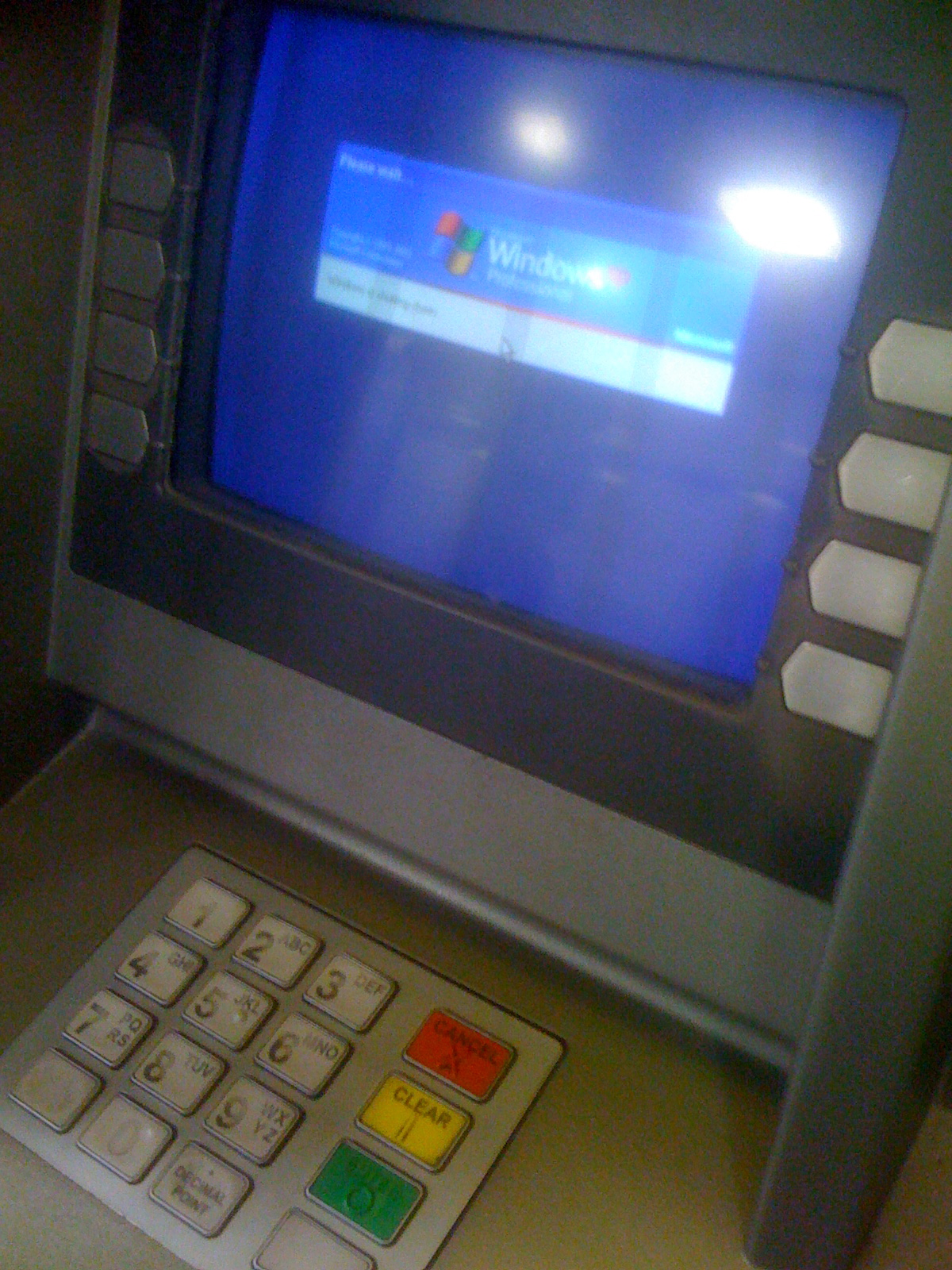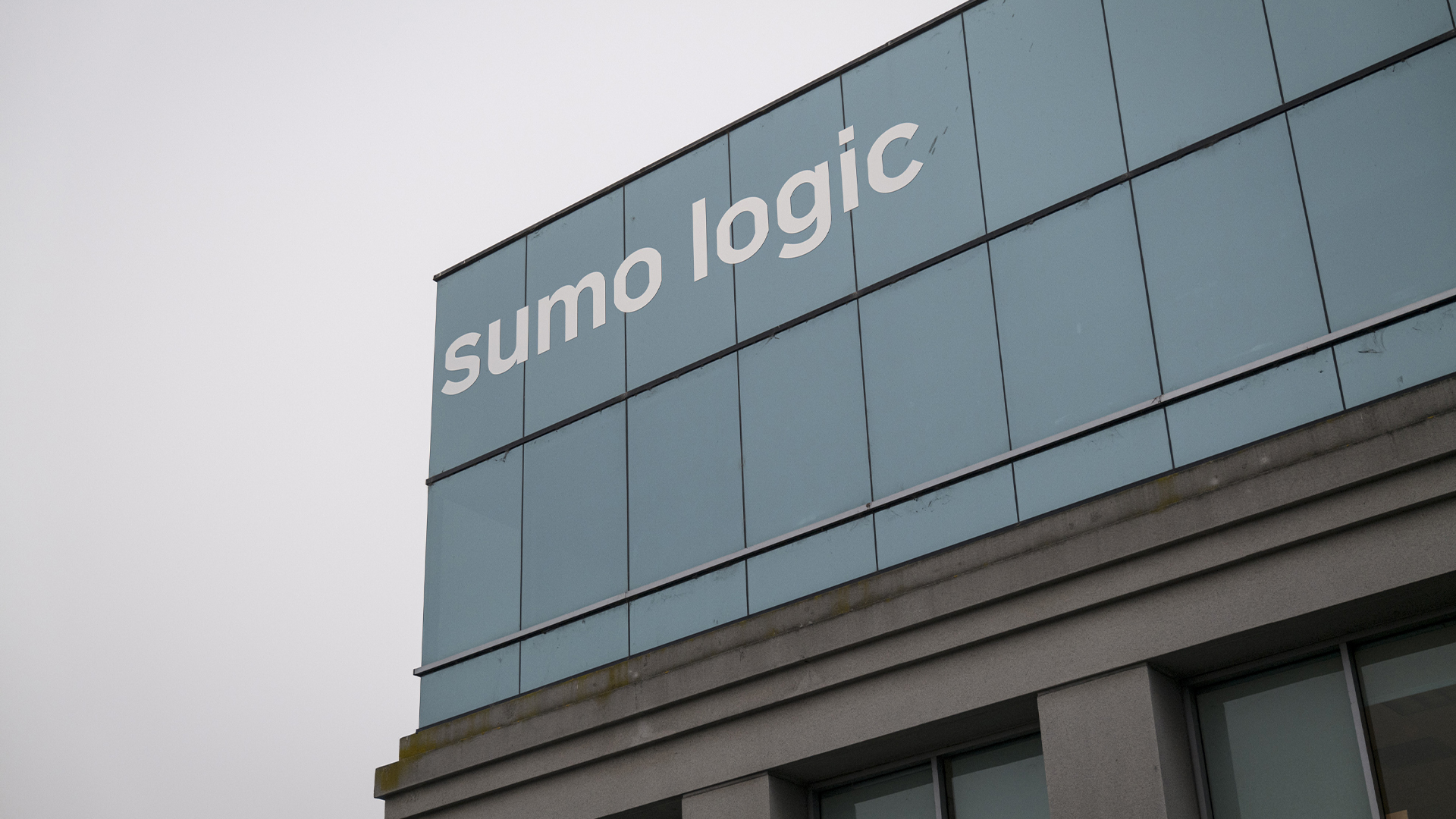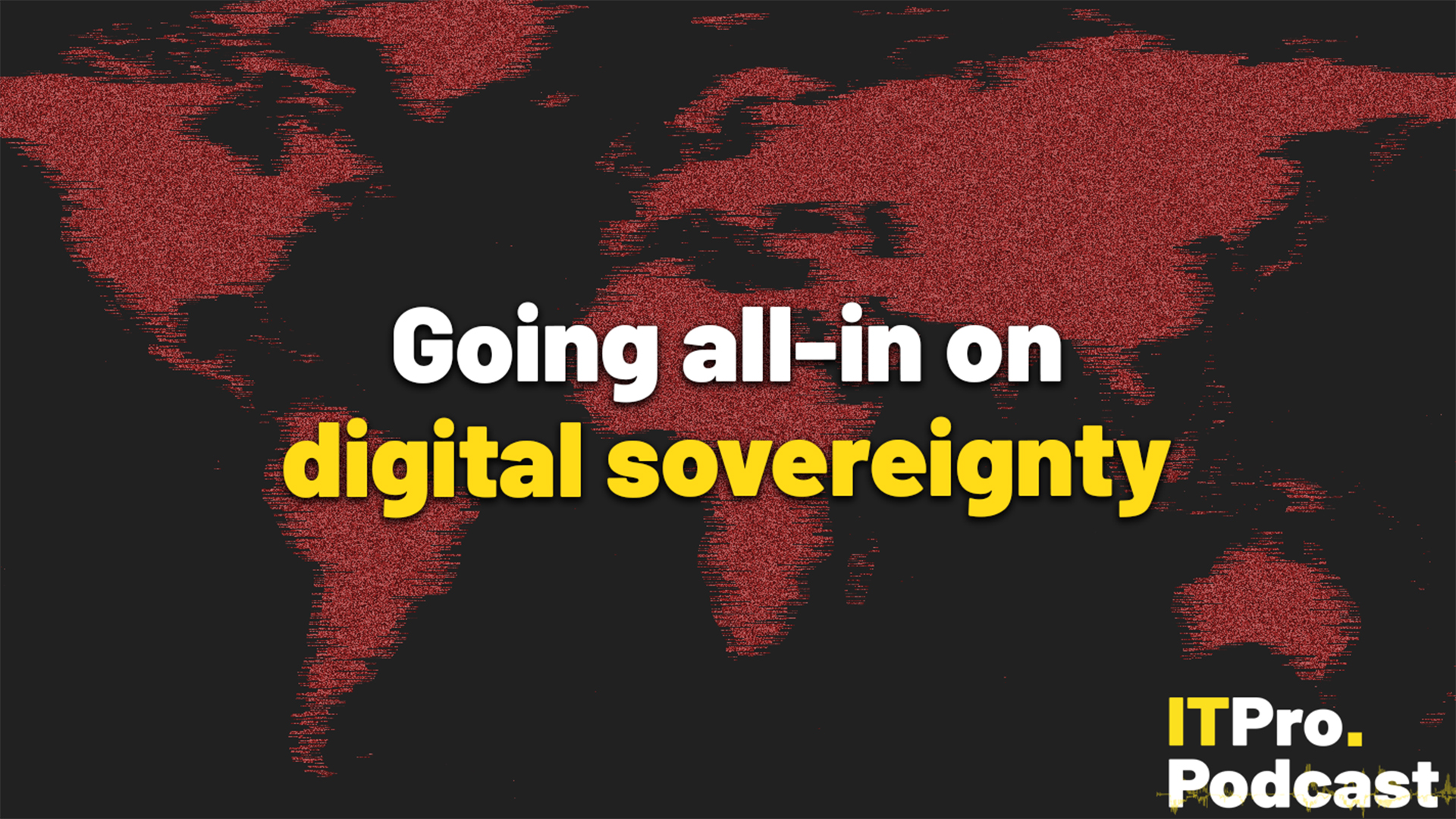Banks to pay Microsoft millions to keep cash machines running Windows XP
April deadline looms large but 95 per cent of all ATMs still run the ancient OS.


Sign up today and you will receive a free copy of our Future Focus 2025 report - the leading guidance on AI, cybersecurity and other IT challenges as per 700+ senior executives
You are now subscribed
Your newsletter sign-up was successful
Banks around the world are set to stump up millions of pounds to Microsoft in a bid to keep their cash machines running after support for the venerable operating system runs out in April.
According to reports by Reuters, only a third of cash machines running will have upgraded to Windows 7 by the April deadline. There are around 2.2 million machines worldwide and currently 95 per cent of them run XP.
The move to buy support will cost millions as the banks look for ways to protect the machines from hackers and malware.
Sridhar Athreya, London-based head of financial services advisory at technology firm SunGard Consulting told Reuters that for British banks alone, the cost of extending support for Windows XP would be around 50 to 60 million.
It is said that five of the UK's largest banks; Lloyds Banking Group, RBS, HSBC, Barclays and Santander UK, have arranged or are in the process of arranging extended support for Windows XP from Microsoft.
"There are certainly large enterprise customers who haven't finished their migrations yet and are purchasing custom support," a spokesman for Microsoft told a Reuters reporter.
The PCI Council, which oversees security standards for the card payments industry, has warned financial firms that they must upgrade old operating systems as soon as possible.
Sign up today and you will receive a free copy of our Future Focus 2025 report - the leading guidance on AI, cybersecurity and other IT challenges as per 700+ senior executives
"Don't make yourself an easy target, talk to your technology provider today and make sure your PC and systems are not putting your customers' confidential payment card data and your business at risk," the organisation warned.
Professor John Walker, director of CSIRT and Cyber Forensics at Integral Assurance said that its not the cost of the software, "but the cost of doing it that drives the need 'not-to-do'.
"In many cases they pay a fortune just to run virtual systems, as the legacy issues are so great, they can be massive in cost. However, whilst you can run from the upgrade in the short term, you must hit that wall of facing up to it one day. Its just putting off what you should do today until tomorrow."
Walker said that it raised questions over keeping aligned with PCI-DSS.
"How do such organisations can get away with it, in so many places, and for so long. I expect this is the case of, when is a 'Standard' not a standard - answer, when its called 'PCI'," he added.
Vincent Nola, interim head of financial services at Musgrave Retail Partners said the upgrade of a critical operating system is not looked at as revenue enhancing "but just a cost, so the incumbent directors who are responsible for the infrastructure push the problem down the road and then it is somebody else's problem."
"I find this amazing as retailers are being pushed to become PCI complaint, and rightfully so - look at the Target breach. But the institutions are not addressing their serious legacy issues, which will only get worse over time," he added.
Rene Millman is a freelance writer and broadcaster who covers cybersecurity, AI, IoT, and the cloud. He also works as a contributing analyst at GigaOm and has previously worked as an analyst for Gartner covering the infrastructure market. He has made numerous television appearances to give his views and expertise on technology trends and companies that affect and shape our lives. You can follow Rene Millman on Twitter.
-
 Sumo Logic expands European footprint with AWS Sovereign Cloud deal
Sumo Logic expands European footprint with AWS Sovereign Cloud dealNews The vendor is extending its AI-powered security platform to the AWS European Sovereign Cloud and Swiss Data Center
-
 Going all-in on digital sovereignty
Going all-in on digital sovereigntyITPro Podcast Geopolitical uncertainty is intensifying public and private sector focus on true sovereign workloads
